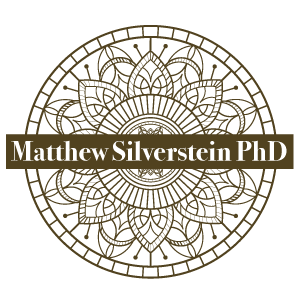About 1 in 5 people may qualify for a depression or anxiety diagnosis. For LGBTQ people rates of anxiety and depression may be higher. The stress and conditions of urban life for many alone can contribute to these common mental health concerns. Anxiety disorders often lead to a state of mind in which one can never feel quite at ease, safe, and secure. Depression is sometimes a counterpart to anxiety reflecting a state of resignation, hopelessness, and despair that things will ever be better.
Each of the techniques that I utilize help to target and relieve symptoms of both anxiety and depression. Mindfulness Based Cognitive Therapy was designed specifically to help reduce relapse to depression by interrupting patterns of negative belief and fostering a greater capacity to shift into a more benign frame of reference.
Psychodynamic therapy can help to directly access and resolve unconscious patterns often formed in early life that intrude upon an understanding of the present.
Social justice/LGBT affirmative oriented work helps to identify and work through the real and lasting influences of being a marginalized or targeted minority, recovering from the post-traumatic effects of chronic oppression.
EMDR (Eye Movement Desensitization Reprocessing–link) helps to process stressful memories that can aggravate or be the cause of some symptoms of depression or anxiety.




